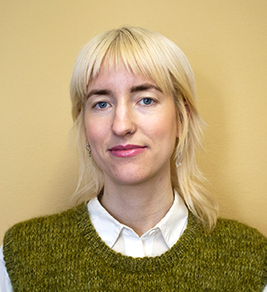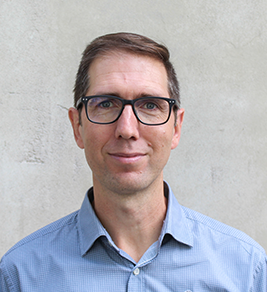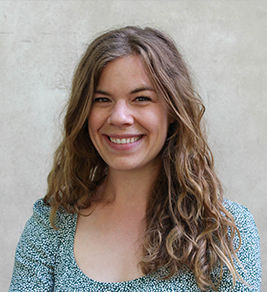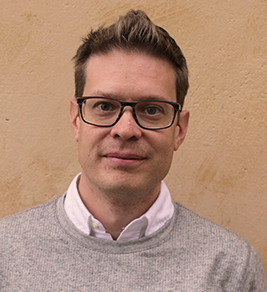Nordregio is a part of GRANULAR, a project that generates new datasets, tools and methods to understand the characteristics, dynamics and drivers of rural areas.
The GRANULAR “Living Labs” bring together local actors from France, Italy, Netherlands, Poland, Spain, Sweden, and the United Kingdom to co-design, test and validate GRANULAR work. The aim is to support digital, economic, and ecological transitions in rural areas, understand and inform about rural diversity and empower them to engage in just, carbon-neutral, and inclusive transitions. In short: better knowledge for better rural policies.
During the workshop held in Ede-Wageningen, Netherlands on June 19th and 20th, researchers and local actors discussed key factors, data gaps, and potential solutions.
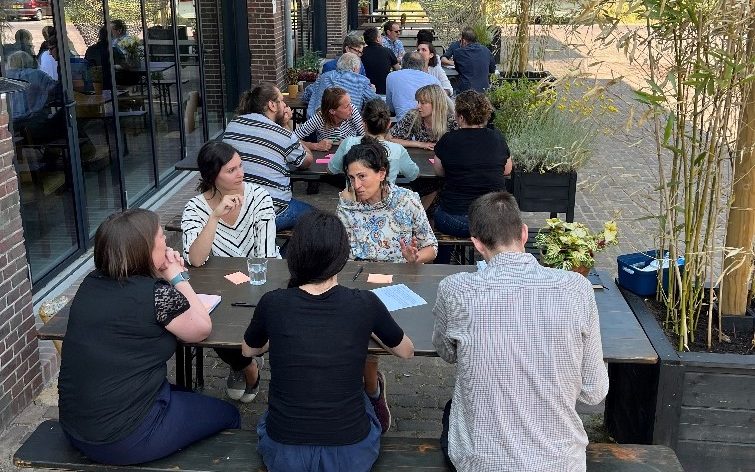
Strategies for climate neutrality and a Just Transition
To achieve a just transition, strategies should combine adaptation and mitigation measures, addressing challenges such as social acceptability and ensuring a fair transition process. Rural areas can both contribute to and benefit from climate neutrality. There are substantial potentials in the residential, infrastructure, transport and renewable energy sectors, together with a circular bioeconomy.
Rural Resilience
In terms of rural resilience, participants identified social learning processes, institutional capacity, and economic diversity as crucial components. Policymakers need to consider the interconnectedness of the local economy, environment, and community, while also establishing clear and measurable ways to concretize rural resilience.
Addressing Sustainable Food Systems
The workshop also discussed sustainable food systems, emphasizing the importance of food security, self-reliance, and accessibility to high-quality food. Participants recognized regional variations in food production and self-supply, as well as the trade-offs involved in decision-making.
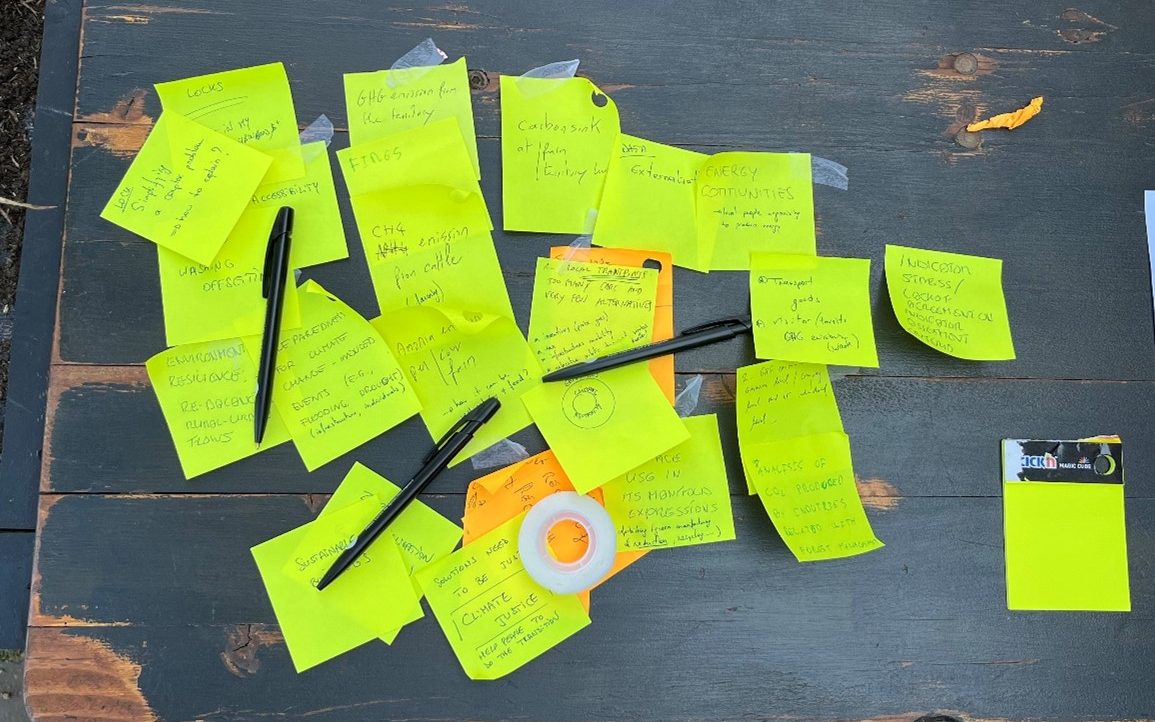
Moving Forward with GRANULAR
The workshop’s outcomes provide valuable insights for policymakers and researchers involved in the GRANULAR project. It highlights the need for comprehensive data, indicators, and tools to inform decision-making in these areas. The findings also contribute to the development of “The Rural Compass,” a resource to assist rural development stakeholders in designing place-based policies.
The workshop showcased the importance of collaboration and knowledge exchange in addressing rural challenges. The findings will support further research, policy development, and practical interventions for sustainable development and resilience in rural areas. Stay tuned for more GRANULAR updates by subscribing to the newsletter.

